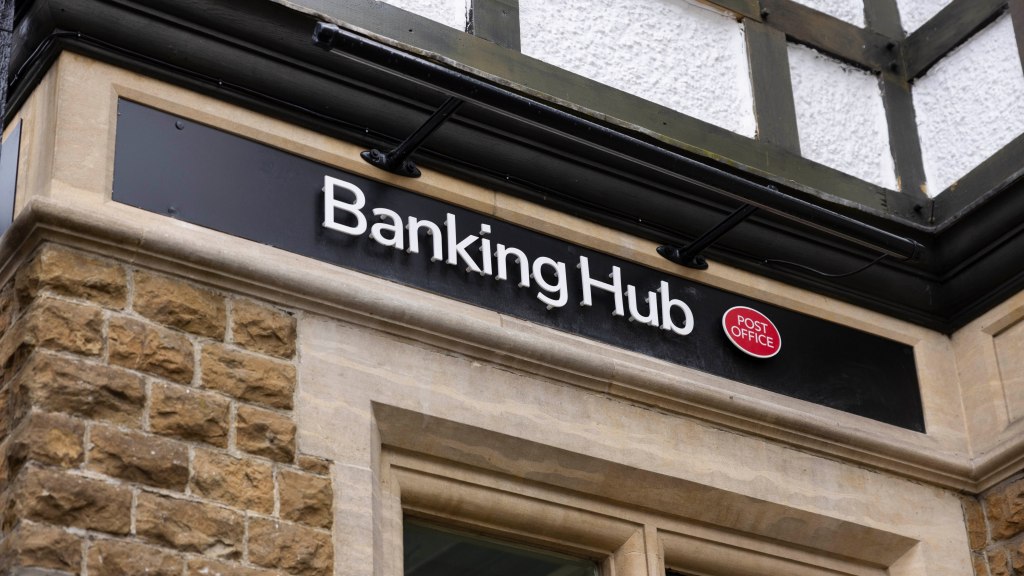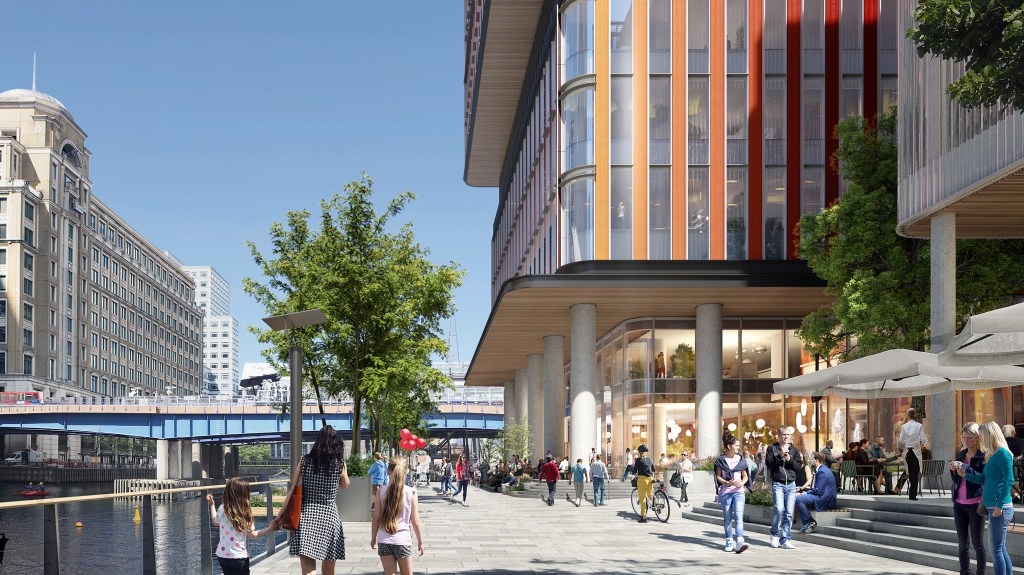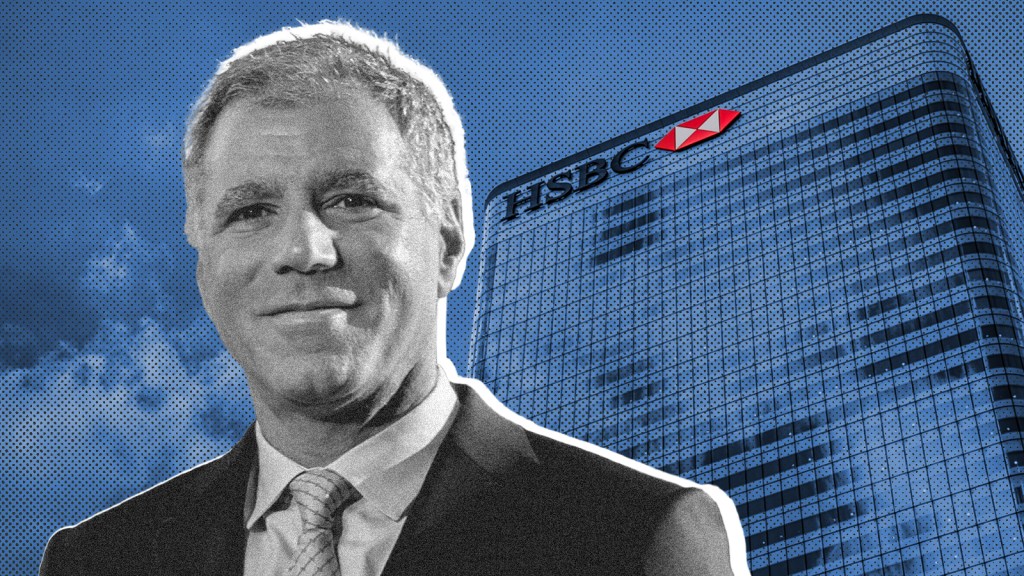Mounting Calls for Enhanced Banking Hubs Following Bank Branch Closures
The government is urging banks to enhance the amenities offered at shared hubs intended to bridge the void left by the closure of many bank branches, following criticisms that these hubs are falling short.
Tulip Siddiq, the economic secretary to the Treasury, addressed the banking industry in a letter stating that “gaps remain,” and added: “I aim to make progress on these issues to ensure that the range and quality of banking services provided in hubs result in a positive customer experience.”
Currently, there are 70 banking hubs across the UK. These hubs are run as a collaboration between the Post Office and banks to substitute the thousands of bank branches that have closed.
The Labour government is looking to escalate this number to 350 as part of a plan to rejuvenate high streets. Since January 2015, a staggering total of 6,094 bank branches have shut their doors, which translates to a closure rate of 53 per month, as reported by consumer group Which?.
These hubs feature a Post Office counter where customers can perform transactions such as cash deposits and withdrawals, cheque deposits, and utility bill payments. Additionally, banks rotate staff to these hubs, typically with different banks sending staff each weekday, to assist with customer inquiries. Towns that are sizable and have seen all their bank branches close can be recommended for a hub by Link, the organization managing Britain’s cash network.
Residents in towns and villages where hubs have been established have noted an increase in shopper numbers, attributing this to people coming to manage their cash and spending locally. However, there is mounting frustration over the limited scope of banking services available.

The hubs are unable to handle any processes requiring paperwork to be signed or scanned, and customers are unable to open accounts or execute Chaps payments. Services such as registering power of attorney or dealing with bereavement issues necessitate appointments at the nearest bank branch. Complaints have arisen about the absence of printers, preventing customers from printing statements or documents. Additionally, tasks such as paying credit card bills or purchasing foreign currency cannot be done at the Post Office counter.
“While I understand that hubs are not intended to be a direct replacement for conventional branches, it is crucial that customer needs are sufficiently met by the services provided,” Siddiq expressed in her letter to UK Finance, the trade association, and Cash Access UK, the company operating the hubs.
Industry insiders indicated that the minister’s push was partly spurred by a Times story published in June, highlighting growing frustrations over the limited services in hubs, notably from residents in Haslemere, Surrey, where a hub was launched in December.
Although legislation exists to safeguard public access to cash, it does not specify rules on banking services provided in these hubs, leaving this responsibility to the banks for now.
The Treasury stated: “Banking services are critical for local people and businesses, which is why we are dedicated to collaborating closely with the industry to roll out at least 350 banking hubs nationwide. Banks are examining possible service improvements and we are working with them on this.”
Cash Access UK was approached for comments.






